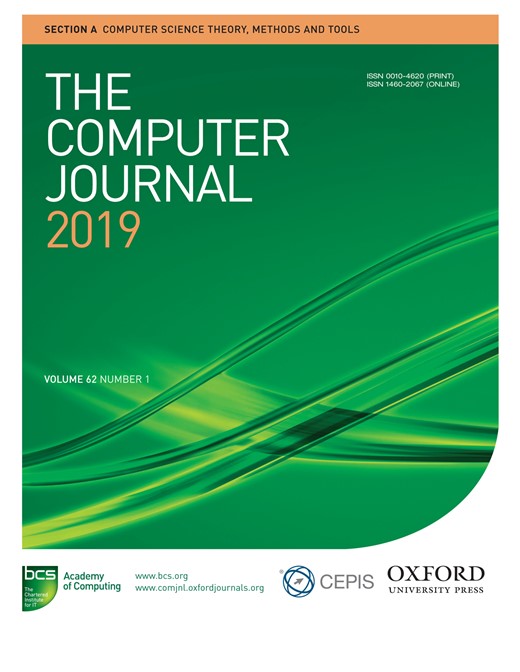-
Views
-
Cite
Cite
Nazmun Naher, Tanzima Hashem, Think Ahead: Enabling Continuous Sharing of Location Data in Real-Time with Privacy Guarantee, The Computer Journal, Volume 62, Issue 1, January 2019, Pages 1–19, https://doi.org/10.1093/comjnl/bxx130
Close - Share Icon Share
Abstract
A user’s location is a sensitive data and can reveal private information about the user’s health, habit and preferences. Due to privacy concerns, people may hesitate to share their locations and prohibit the growth of location-based services and analysis. The problem of protecting location privacy has been extensively studied in the literature. Sharing location data in sequence enable adversaries to apply privacy attacks by exploiting spatio-temporal constraints in road networks. In this paper, we identify a novel privacy attack that existing solutions cannot overcome for not considering upcoming sensitive locations in advance. We develop a technique to precompute the warning zone, i.e. the refined area where the disclosure of a user’s actual location may enable adversaries to identify the user’s sensitive locations in the future. Warning zones also enable users to reduce the frequency of not sharing locations for privacy reasons, and thereby improve the accuracy and utility of shared locations while guaranteeing the required level of location privacy of a user. Experiments using real datasets show that our approach significantly outperforms the state-of-the-art technique in terms of privacy, data utility and computational overhead.




